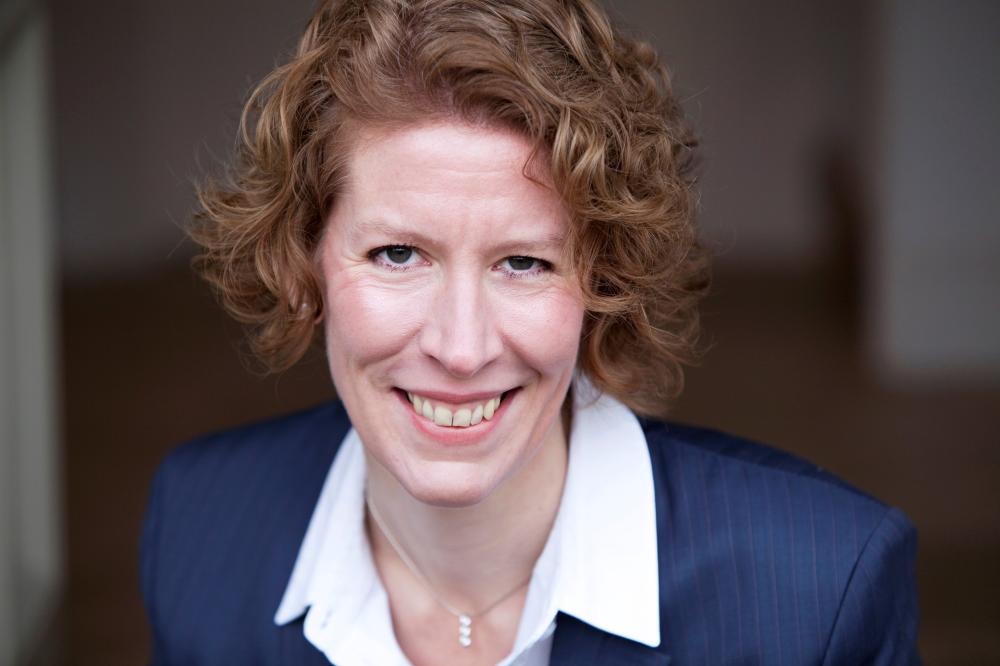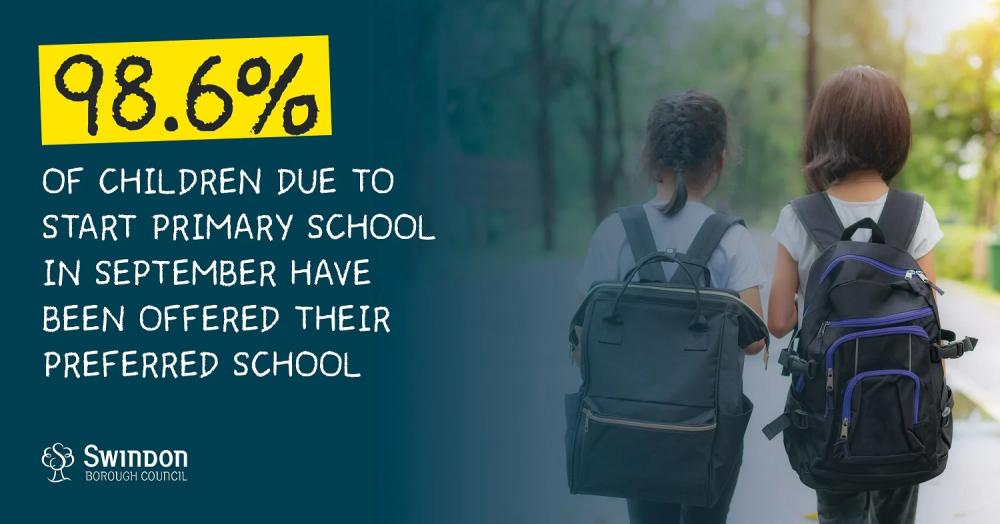Today, cybersecurity threats remain a world challenge. The educational sector is not an exception. Online privacy is critical in private education.
Private educational institutions are responsible for protecting students' sensitive information from unauthorised access or use. Student information such as their name, email address, academic records, and health information must be collected, stored, and transmitted over a secure platform.
This will help prevent identity theft, academic fraud, or any violation of student's privacy rights and can be achieved through robust security measures. This article provides some security measures to prevent online security threats like data breaches and social engineering attacks which can hold a private educational institution to ransomware.
Multi-factor Authentication
Multi-factor authentication (MFA) enhances additional security layers for online accounts. It is a good cyber hygiene practice to prevent unauthorised access to student data even if a password is compromised. Besides using good Internet-enabled PCs or systems for school work and employing their own personal security measures, it is also the school's responsibility to beef up the security measures of their learning platforms.
MFA achieves this strong authentication by directing users to verify their details in three forms such as asking them what they know – like their password and secret knocks, or what they have – like physical objects, including their smart card or key card, or what they are – like biometric verification including their fingerprint and voice recognition.
Thus, MFA uses these three ways to secure student's and staff's private sensitive data against cyber attacks, even when cyber attackers steal their passwords.
Data Encryption
Data encryption converts plain text data into unreadable ciphertext to ensure data confidentiality. Presently, educational institutions have one of the highest security breaches on record. PurpleSec published that, in 2023 alone, cyber attackers attacked about 43% of student data, including their dissertation materials and exam results.
Regarding private education, sensitive student information, such as academic records, health information, and financial must be encrypted asymmetrically. As asymmetric encryption helps to secure data through the use of two keys (secret and public key) data encryption, the public key must be available for external users to communicate with the source user; the secret key is kept private on the source user's computer. However, for data decryption, the user must provide these two keys.







